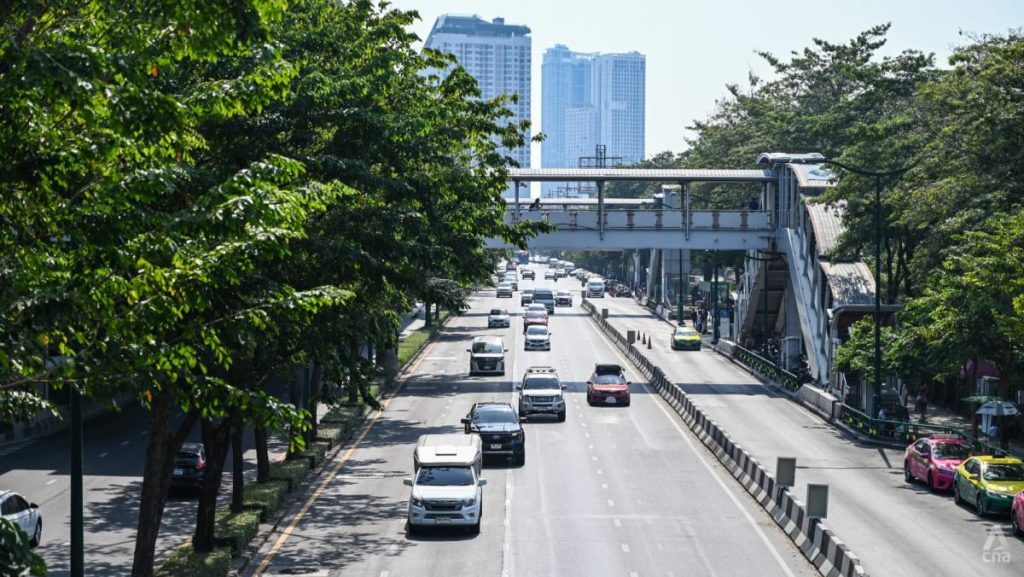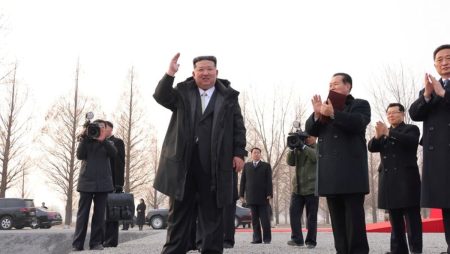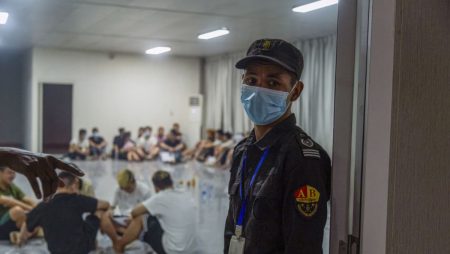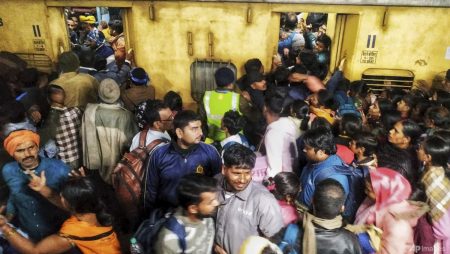A Global Showcase
Thailand is positioning itself to capitalize on the vast commercial and tourism opportunities presented by hosting major sports events. The nation’s bid to host a Formula 1 (F1) Grand Prix is a significant part of the government’s "Ignite Thailand" campaign, an ambitious initiative aimed at transforming Thailand into a global hub for tourism, infrastructure, events, and culture. However, this is not the country’s first foray into leveraging major sports to boost its economy and international appeal. This year, the Tourism Authority of Thailand (TAT) is promoting the "Amazing Thailand Grand Tourism and Sports Year," which includes hosting prestigious events such as the Wai Kru Muay Thai Ceremony in March, the FIVB Volleyball Women’s World Championships, the Bangkok Marathon, and the Southeast Asian Games (SEA Games).
Vibrant Sports Tourism
Thailand’s commitment to sports tourism is evident through its annual hosting of the MotoGP motorcycle race in Buriram, located in the eastern part of the country. The 2024 MotoGP race generated a remarkable US$140 million in economic circulation and created nearly 7,000 job positions at the circuit, according to TAT. The economic benefits and the positive impact on local communities highlight the potential that hosting major sports events can have. While the MotoGP has been a success, the addition of an F1 Grand Prix would bring a level of prestige and international exposure that few other events can match. According to Matthew Marsh, a Singapore-based motorsport and marketing specialist at EDJ Motorsport, "Hosting a Grand Prix allows a city or country to showcase itself on a world stage, alongside others in an exclusive club. It offers the kind of international exposure provided by the Olympics or FIFA World Cup but at a fraction of the cost and with the added advantage of being repeated annually rather than a one-off."
Economic and Cultural Synergies
The strategic alignment of the F1 race with Thailand’s broader tourism campaigns is not an oversight. It is designed to enhance year-round travel and highlight the country’s rich cultural and geographical diversity. Nithee Seeprae, the deputy governor for marketing communications at TAT, emphasizes that sports tourism targets visitors with higher spending patterns and creates multiplier effects by attracting both tourists and international investment and spending from commercial partners. "The F1 race aligns with the nation’s broader tourism campaigns, to enhance year-round travel and highlight Thailand’s cultural and geographical diversity," he explained. "Such a high-profile event would amplify Thailand’s appeal to affluent global audiences, fostering economic benefits and international recognition."
F1’s Rising Popularity
The timing for Thailand’s bid to host an F1 Grand Prix is particularly favorable due to the sport’s recent surge in popularity. Since its acquisition by Liberty Media in 2017, F1 has undergone a transformative shift from an international motorsport series to a global entertainment and lifestyle platform. The Netflix series "Drive to Survive," which offers an inside look at the racing season and the lives of drivers, has played a significant role in this transformation. Marsh notes, "F1 has been transformed into a more accessible and engaging sport, which makes Southeast Asia a more viable market for F1 expansion." The series has broadened the sport’s appeal, attracting a younger and more gender-balanced audience.
Shifting Demographics
According to a report released by Nielsen Sports in December, one-third of today’s F1 fans started following the sport in the last four years. Women now constitute approximately 41 percent of the fanbase, and 40 percent of F1’s audience is aged between 16 and 34. This demographic shift is crucial as it indicates a growing audience that is not only interested in the races but also in the broader entertainment and lifestyle aspects. In 2024, F1 reported a 27 percent increase in social media followers from Asia, contributing to a regional fan base of 386 million—just over half of the sport’s global total. The expanding fan base in Asia, especially Southeast Asia, presents a significant opportunity for F1 to further its reach and engagement.
Unique Appeal of a Bangkok Grand Prix
The combination of shifting demographics and the allure of a new and vibrant destination like Bangkok could make a Thai F1 Grand Prix a standout event. Marsh points out that "a race in Thailand would be entirely different to anything seen before on the F1 calendar. It would be a destination event for existing fans and help attract new ones from Southeast Asia." Bangkok, with its blend of modernity and tradition, bustling street life, and world-renowned cuisine, would offer a unique experience that sets it apart from traditional F1 venues. This uniqueness could not only enhance the sport’s global profile but also provide a significant boost to Thailand’s tourism industry, attracting a diverse and affluent audience and fostering long-term economic benefits.












